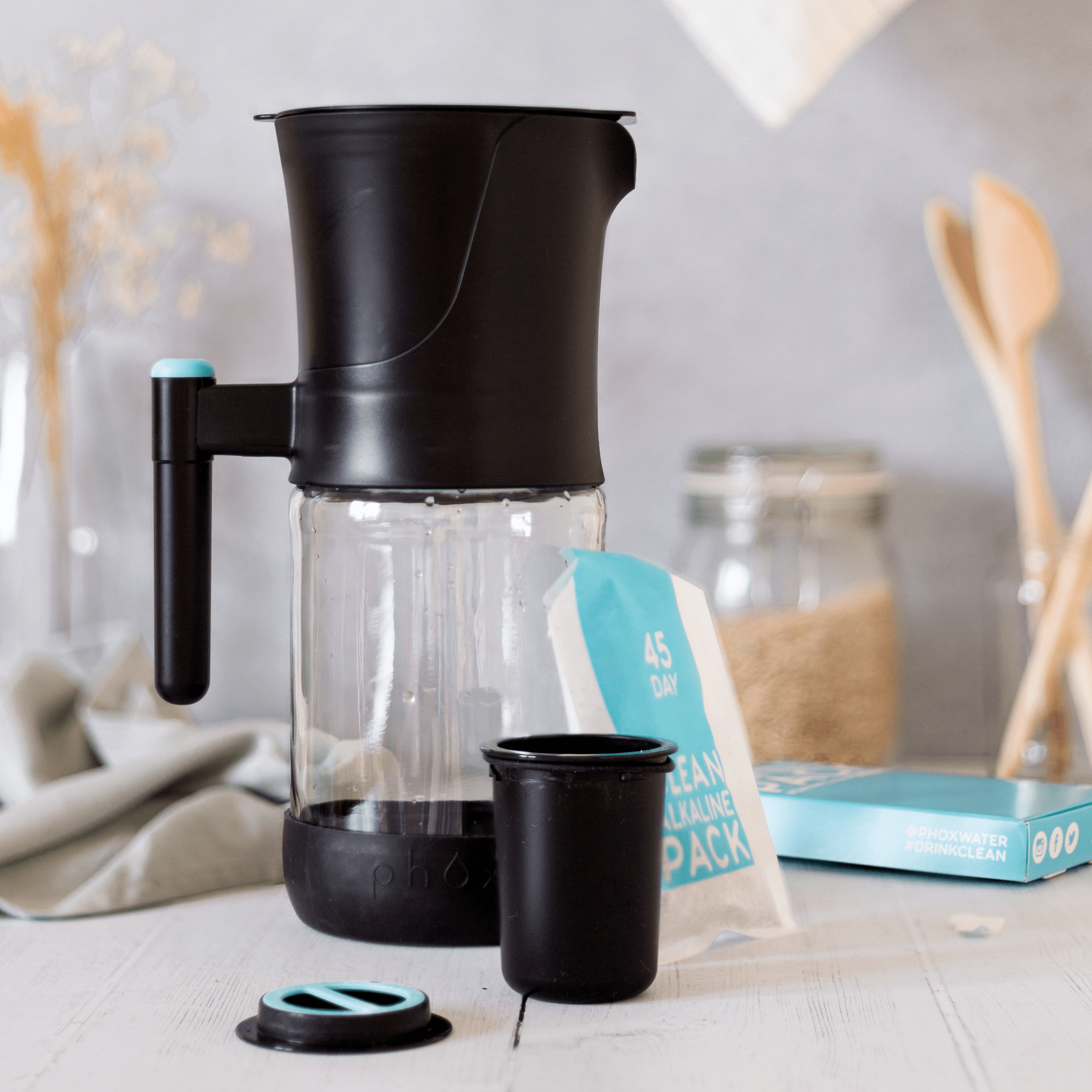Thirsty All the Time? Dive into the 7 Hidden Causes of Dehydration!
Have you ever wondered why you constantly feel thirsty, no matter how much water you drink? Dehydration can be a common and frustrating issue for many people, but the reasons behind it may not always be obvious. In this blog post, we'll delve into seven possible causes of chronic dehydration that you may not have considered. So grab a glass of water and let's uncover the culprits that could be leaving you parched!
Insufficient Water Intake
The most obvious reason for chronic dehydration is simply not drinking enough water. Many of us underestimate our daily water needs or forget to hydrate throughout the day. Remember, the recommended daily intake is around eight glasses of water, but it can vary depending on factors such as activity level, weight, climate etc. Make sure to prioritise regular water consumption to keep dehydration at bay.

Dry Environment
Living in an arid climate or spending extended periods in air-conditioned spaces can increase your risk of dehydration. In such environments, moisture evaporates more quickly from your skin and respiratory system, leading to increased water loss. If you find yourself in a dry environment, make a conscious effort to drink water more frequently and use a humidifier to add moisture to the air.
High Caffeine and Alcohol Consumption
If you find yourself reaching for that second cup of coffee or unwinding with a few alcoholic beverages regularly, you could be inadvertently dehydrating yourself. Both caffeine and alcohol have diuretic properties, meaning they can increase urine production and contribute to fluid loss. While you don't have to eliminate them completely, try to balance your intake by consuming water alongside these beverages.

Excessive Salt Intake
A diet high in sodium can deplete your body's water stores and leave you feeling dehydrated. Consuming excessive amounts of salty snacks, processed foods, or dining out frequently can significantly contribute to fluid imbalance. To combat this, try to reduce your salt intake and incorporate more fresh fruits, vegetables, and whole foods into your diet. These natural foods contain higher water content and can help keep you hydrated.
Excessive Sweating
Do you lead an active lifestyle or work out regularly? Sweating is a natural cooling mechanism for the body, but it can also lead to fluid loss and dehydration. When engaging in physical activities, it's crucial to replenish lost fluids by drinking water before, during, and after exercising. This will help keep you properly hydrated and maintain optimal performance.

Medications
Certain medications, such as diuretics and some blood pressure medications, can cause increased urine output, leading to dehydration. If you're taking any prescription drugs, consult your doctor or pharmacist to determine if they could be contributing to your dehydration. They may be able to suggest alternative medications or advise you on how to manage your fluid intake while on those medications.
Underlying Health Conditions
Several medical conditions can disrupt your body's fluid balance and contribute to chronic dehydration. Diabetes, kidney disease, and adrenal gland disorders are just a few examples. If you suspect an underlying health issue might be causing your dehydration, it's essential to consult a healthcare professional for a proper diagnosis and appropriate treatment.
Dehydration can be a sneaky problem, but understanding its underlying causes can help you take the necessary steps to stay properly hydrated. Remember, your body relies on water for optimal functioning, so don't underestimate the power of staying hydrated and drink up!


